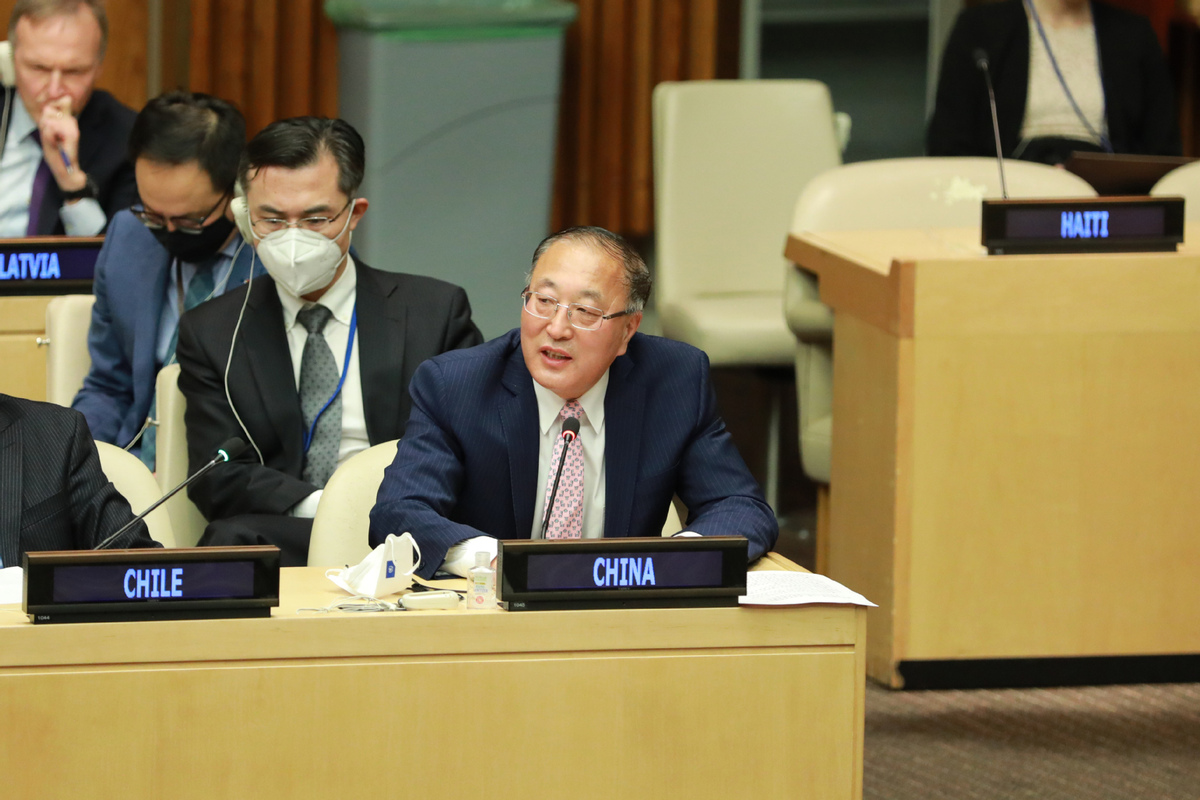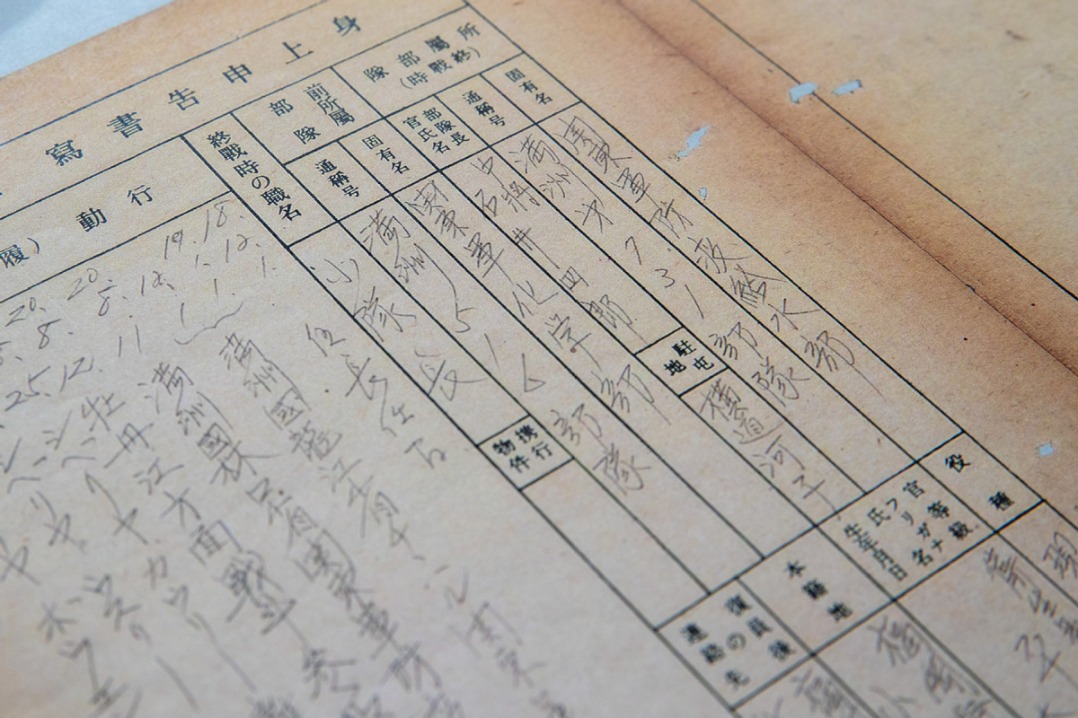Envoy: Multilateralism needed to address nonproliferation
By LIU YINMENG in Los Angeles | China Daily Global | Updated: 2022-06-01 10:41

China's ambassador to the United Nations on Monday stressed that nations should uphold true multilateralism in tackling the global challenge of nonproliferation.
"To address the issue, multilateral cooperation and the leadership of the UN are essential. All parties should uphold a common, comprehensive, cooperative and sustainable security concept; attach importance to each other's legitimate security concerns, eliminate drivers for proliferation and stay committed to universal and common security," said Zhang Jun, China's permanent representative to the UN.
Zhang made his remarks during open consultations on the comprehensive review of the status of the implementation of Resolution 1540. The resolution, adopted in 2004, is the first Security Council resolution on nonproliferation and a major pillar of the international nonproliferation efforts, he said.
He urged countries to "defend the authority of the Security Council" and use dialogue and consultation to solve nonproliferation hot spot issues.
"Sanctions alone won't solve these issues or risks. On the contrary, they only lead to escalating tensions and spillover risks. Unilateral sanctions and the so-called long-arm jurisdiction harm the legitimate interests of other countries. They don't have the support of the public and should be abandoned," Zhang said.
The ambassador also called for the consolidation of an international nonproliferation system.
He noted that the Treaty on the Nonproliferation of Nuclear Weapons (NPT) is "the cornerstone of the international disarmament and nonproliferation system", as well as "a major component of the postwar international security system". Applying "double standards" or taking "selective approaches" shouldn't be allowed, he said.
"Some countries ignored the objections of the international community, conducted cooperation on nuclear submarines and insisted on introducing weapon-grade nuclear materials into Asia-Pacific, which are a clear violation of the purposes and principles of the NPT and have led to serious nuclear proliferation risks," Zhang said.
The ambassador also supported using science and technology for peaceful purposes. He stressed that conducting international cooperation in that regard is an inalienable right of all states by international law.
Some nations use their nonproliferation mechanism to "impose discriminatory export-control measures on developing countries and heavily engaged in double standards", he said.
Zhang noted that the 76th session of the UN General Assembly adopted a resolution on promoting international cooperation on peaceful uses, which was co-sponsored by China and 26 other states. It called for the removal of restrictions on the right of developing nations to peaceful uses. China welcomes continued and inclusive dialogue on this issue, he added.
Zhang also voiced his support for the creation of "a reasonable program of work" by the 1540 Committee and to objectively evaluate all countries' implementation of the resolution.
He said the committee should emphasize proliferation risks caused by emerging technologies and provide effective recommendations to address risks and challenges. It should further promote international cooperation, improve its assistance programs, and facilitate the resolution's full implementation.
The ambassador also reiterated China's firm opposition to the proliferation of weapons of mass destruction and their means of delivery. China has always strictly honored its international obligations, continuing to improve its export-control mechanisms and capacity-building, while contributing to enhancing nonproliferation efforts with concrete actions, Zhang said.
For example, China has largely completed an export-control legal framework with the export-control law of the PRC at the center. China also takes an active part in the work of the 1540 Committee and had received a national implementation visit from the committee in 2014, he said.
"China will continue to work with committee members and other parties to promote the effective implementation of Resolution 1540 and the comprehensive review of the resolution and make positive contributions to enhancing global nonproliferation governance," Zhang said.
























